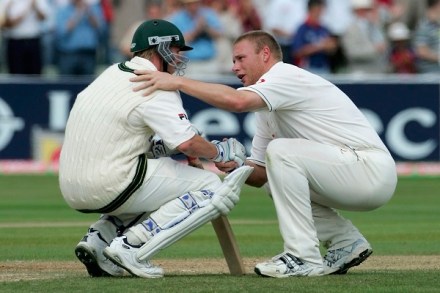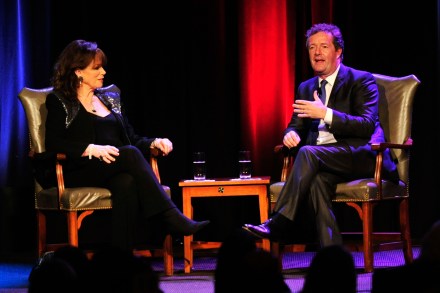Letters: David Aaronovitch defends Daniel Finkelstein, Godfrey Bloom defends himself
Oborne’s ideas of ethics Sir: Your edition of 28 September included a 1,500-word demand from the journalist Peter Oborne to the effect that the Times, the newspaper that I work for, should sack its columnist Danny Finkelstein. The reason given by Oborne for this view is that Finkelstein is too parti pris and close to people in power to be a ‘proper’ journalist. He is wrong in his argument and also, I believe, deficient in his journalism. Oborne deploys the veteran cliché about true journalists ‘speaking truth unto power’. Yet the history of British newspapers is full of ‘political’ journalists such as Finkelstein. At the Telegraph there were great figures


















